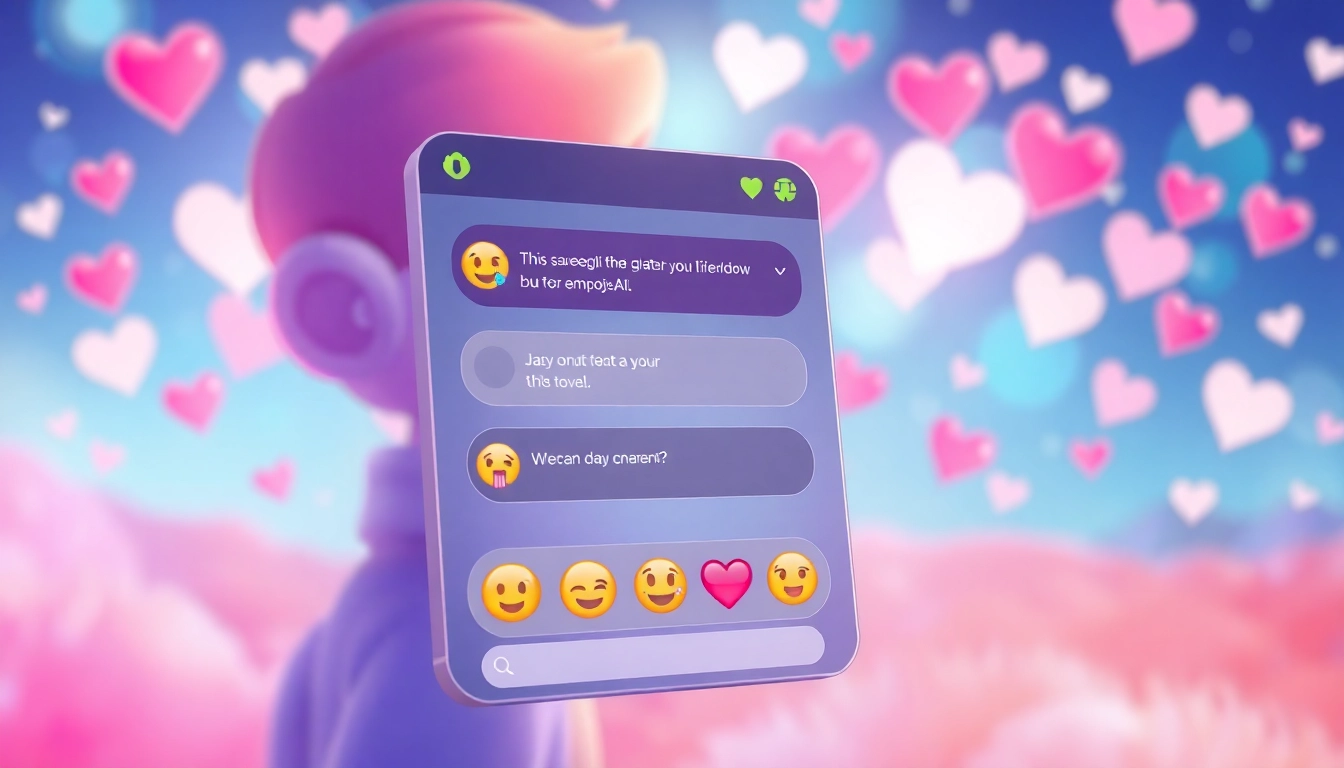Understanding the Dynamics of a Relationship Breakup
Breakups can be seen as a rite of passage in many romantic relationships, often misunderstood as just an ending rather than a complex emotional journey reflecting both partners’ experiences and growth. The decision to end a relationship is seldom straightforward; it involves emotional considerations, interpersonal dynamics, and an individual’s readiness to embrace the changes that follow. This exploration into the nuances of a relationship breakup aims to demystify the process and provide practical strategies for navigating this challenging phase.
Types of Breakups and Their Emotional Impacts
Understanding the different types of breakups can help individuals anticipate their emotional responses and prepare for the healing process. Broadly, breakups can be classified into the following categories:
- Mutual Breakup: Both partners agree to end the relationship. Emotional responses often include sadness but can also express relief, especially if the relationship had been strained.
- Unexpected Breakup: One partner suddenly ends the relationship. This type can provoke feelings of shock, betrayal, and confusion for the partner left behind.
- Long-Drawn Breakup: Involves a prolonged period where separation is anticipated but not executed. Partners experience ongoing stress and indecision, possibly leading to resentment.
- Avoided Breakup: One partner may not feel capable of facing the reality of a breakup, leading to emotional stagnation or remaining in a toxic relationship.
Each type of breakup tends to elicit distinct emotional reactions. Understanding these dynamics can be instrumental in facilitating healing and emotional growth post-breakup.
Recognizing When It’s Time to End a Relationship
A pivotal aspect of navigating a breakup is recognizing the signs that it’s time to part ways. Some common indicators include:
- Frequent arguments or unresolved conflicts that continually arise.
- Feeling a lack of respect, trust, or affection towards one another.
- Experiencing more dissatisfaction than happiness in the relationship.
- A growing desire for independence or personal growth that feels stifled by the relationship.
These signs, though uncomfortable to confront, can serve as catalysts for a healthier life trajectory when acknowledged and addressed with honesty.
Common Feelings and Reactions During a Breakup
The emotional fallout from a breakup can be profound, manifesting in various forms:
- Grief: Similar to mourning a loss, individuals may experience a deep sense of sorrow for the relationship that no longer exists.
- Relief: In some cases, ending a turbulent relationship can bring an immediate sense of liberation, allowing for personal growth and healing.
- Anger: Feelings of betrayal or injustice may surface, especially in unexpected breakups.
- Confusion: Questioning one’s choices and the future can lead to feelings of uncertainty.
Understanding these emotional reactions can enable individuals to frame their experiences in a way that encourages effective coping strategies and aids in the healing process.
How to Approach a Relationship Breakup with Compassion
Engaging in a breakup conversation with sensitivity and empathy can set the tone for healing, not just for the present but also for future interactions, especially in mutual circles or shared relationships.
Strategies for a Thoughtful Breakup Conversation
Executing a breakup with care involves clear communication and honesty. Key strategies include:
- Choose an Appropriate Setting: Select a private and neutral space where both parties can freely express themselves without distractions.
- Be Honest but Kind: Articulate your feelings transparently without placing blame; focus on personal experiences rather than attacking your partner.
- Listen Actively: Offer your partner a chance to express their feelings and perspectives as this can ease tensions and promote understanding.
A thoughtful conversation can significantly improve the chances of leaving the relationship on amicable terms, setting a foundation for potential future friendships.
The Importance of Mutual Respect and Closure
Closure is vital in a breakup context, allowing both partners to articulate their needs and feelings explicitly. Engaging in respectful dialogue about what went wrong can offer insights for personal growth moving forward. Important aspects of achieving closure include:
- Informing each other about future relationship expectations and boundaries.
- Expressing gratitude for the positive moments shared in the relationship, enhancing a sense of closure.
- Agreeing on how to manage shared commitments, such as social connections or mutual financial responsibilities.
These actions not only support emotional healing but can also prevent future misunderstandings.
How to Handle Breakup Regret and Guilt
Feelings of regret and guilt can be potent after a breakup, especially if one partner still has feelings for the other. To cope effectively with these emotions, you might consider:
- Reflecting on the Reasons: Remind yourself of the reasons leading to the breakup—this clarity can alleviate doubts about your decision.
- Self-Compassion: Understand that it’s human to have mixed feelings about ending a relationship, and give yourself permission to feel these emotions without self-judgment.
- Engaging in Self-Care: Prioritize your mental and emotional well-being through activities that make you feel good and reinforce your self-worth.
Ultimately, recognizing and addressing these feelings can lead to greater emotional health and insight.
Moving On: Steps to Heal After a Relationship Breakup
Transitioning from a breakup requires conscious effort and time for healing. The following steps can facilitate this process, allowing for a more extensive emotional recovery.
Coping Mechanisms for Emotional Pain
Feeling emotional discomfort post-breakup is natural. Implementing coping strategies can help mitigate pain:
- Journaling: Documenting thoughts and feelings can clarify emotions and reveal patterns over time.
- Physical Activity: Engaging in exercise releases endorphins, which help alleviate feelings of sadness and anxiety.
- Practicing Mindfulness: Techniques such as meditation or yoga can ground you and help manage immediate emotional pain.
These methods not only provide temporary relief but can also be utilized in the long term as personal growth tools.
Seeking Support from Friends and Family
Connecting with loved ones post-breakup is essential. Their support can provide comfort and stability during this difficult adjustment period:
- Share Your Feelings: Expressing your thoughts with trusted friends or family can open doors to emotional validation.
- Engage in Social Activities: Isolation can worsen feelings of sadness or regret; participating in social events can elevate your mood.
- Ask for Guidance: Those who have experienced similar situations can offer valuable insights and coping strategies.
Peer support often fosters healing environments crucial for recovery.
Professional Help: When and Why to Seek Therapy
If feelings of sadness, anxiety, or regret significantly interfere with daily functioning, seeking professional help may be beneficial. Some indicators include:
- Persistent feelings of hopelessness or despair.
- Difficulty concentrating or completing basic daily tasks.
- Habitual negative self-talk or blame.
- Increase in self-destructive behaviors or withdrawal from activities you previously enjoyed.
Finding a therapist can provide additional coping tools and a safe space to explore feelings beyond the scope of friends and family support.
Lessons Learned from Relationship Breakups
Despite the inherent pain of breakups, they can serve as significant learning experiences and opportunities for growth.
Personal Growth Through Heartbreak
Breakups, while often distressing, can catalyze powerful transformations. Experienced individuals often emphasize the following takeaways from their breakups:
- Enhanced Self-Understanding: Breakups encourage self-exploration and understanding of personal desires and relationship needs.
- Increased Resilience: Navigating challenges can bolster emotional strength, preparing individuals for future interpersonal dynamics.
- Awareness of Red Flags: Raise awareness regarding unhealthy patterns or traits to avoid in future relationships.
These experiences can foster a deeper appreciation for healthier relationship dynamics.
Setting Boundaries in Future Relationships
Learning from previous relationship failures often emphasizes the importance of establishing strong boundaries in future endeavors:
- Clarifying Personal Values: Know and communicate your values to potential partners, promoting mutual understanding.
- Establishing Emotional Boundaries: Ensure that personal well-being takes precedence, avoiding the pitfalls of sacrificing self-worth for validation.
- Recognizing Relationship Dynamics: Be cautious of repeating negative patterns and seek partners who enhance emotional stability and security.
Successful relationships thrive on respect and healthy boundaries; recognizing their importance can prevent future heartache.
How Breakups Can Inform Better Relationship Choices
The aftermath of a breakup can yield valuable insights into personal relationship preferences and choices:
- Identifying Deal Breakers: Close introspection can lead to clearer definitions of what you are willing to accept or reject in romantic partners.
- Communication Skills: Improved communication skills often develop from past miscommunications, enhancing chances for future relationship success.
- Defining Life Goals: Recognizing how a partner aligns or clashes with personal aspirations can inform better decision-making in new relationships.
Such reflections can ultimately lead to healthier, more fulfilling partnerships.
Common Mistakes to Avoid After a Relationship Breakup
Many individuals face challenges in managing their post-breakup lives, often falling into common traps that may prolong emotional suffering or unsettle their recovery.
The Dangers of Social Media Oversharing
In today’s digital age, social media can complicate the healing process:
- Excessive Posting: Oversharing feelings or details can lead to regret or embarrassment later.
- Comparative Mindset: Continuously checking an ex’s social media can trigger feelings of inadequacy or jealousy.
- Public Drama: Creating drama online can escalate tensions and lead to further conflict or emotional distress.
Maintaining discretion and restraint regarding social media can contribute to a healthier recovery journey.
Avoiding Contact with Your Ex: Is It Necessary?
Determining whether or not to maintain contact with an ex can be complicated:
- Setting Boundaries: Navigate a clear boundary between closure and continued emotional entanglement.
- Temporary Break: Consider a period of no contact to enable emotional healing.
- Seek Clarification: Discuss protocols about future contact, especially in cases involving mutual friends or shared environments.
Ultimately, setting boundaries helps to foster a healthier emotional environment.
Here’s What Not to Do: Rebound Relationships
Rushing into rebound relationships as a coping strategy often leads to unforeseen complications:
- Unresolved Issues: A rebound can serve as an emotional distraction instead of facilitating genuine healing, prolonging negative feelings.
- Performance Pressure: New partners may unintentionally bear the burden of compensating for prior relationship shortcomings.
- Wasted Time: Entering a new relationship for the wrong reasons may lead to more heartache in the long run.
Recognizing the importance of time for healing can prevent emotional friction in subsequent relationships.
In conclusion, breaking up with someone can be a tumultuous experience, but grasping the dynamics involved can pave the way for healing and personal growth. By approaching a breakup with compassion, utilizing effective coping strategies, and reflecting on the lessons learned, individuals can move forward with a renewed sense of self and preparedness for healthier relationships in the future.



